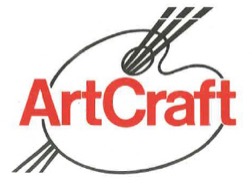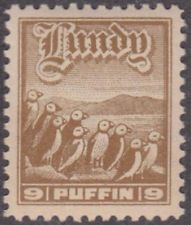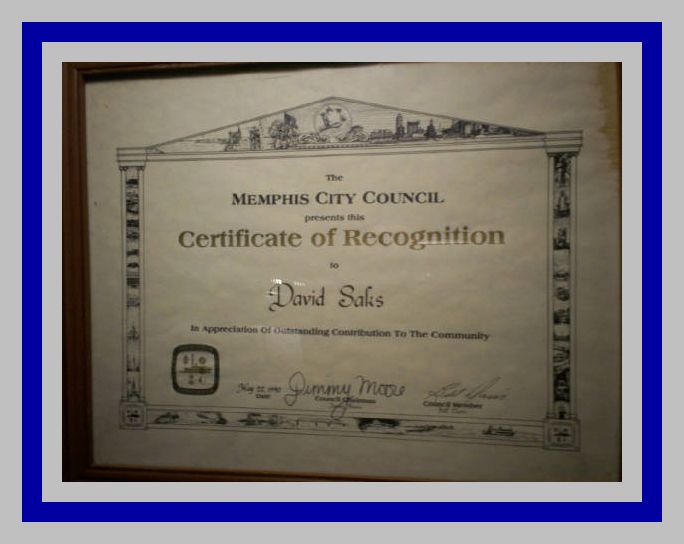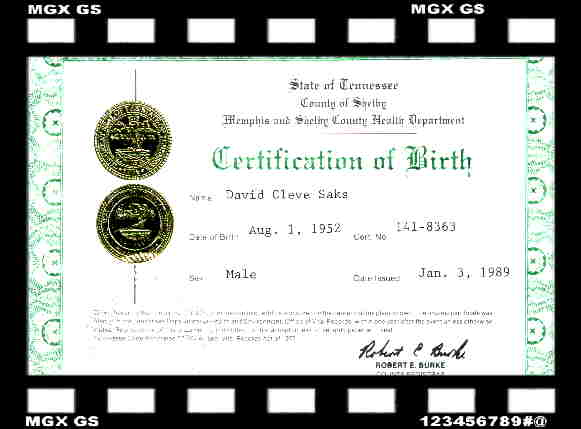|
|
Sunday, November 26, 2017
Apollo-Soyuz Before the Docking - The Setenant July 15, 1975The other setenant undocked. Scott #1570 Apollo-Soyuz
undocked 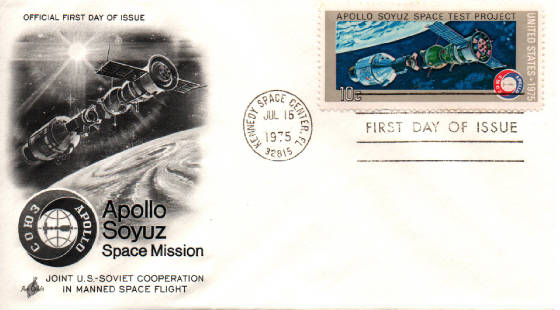
The ArtCraft Cachet 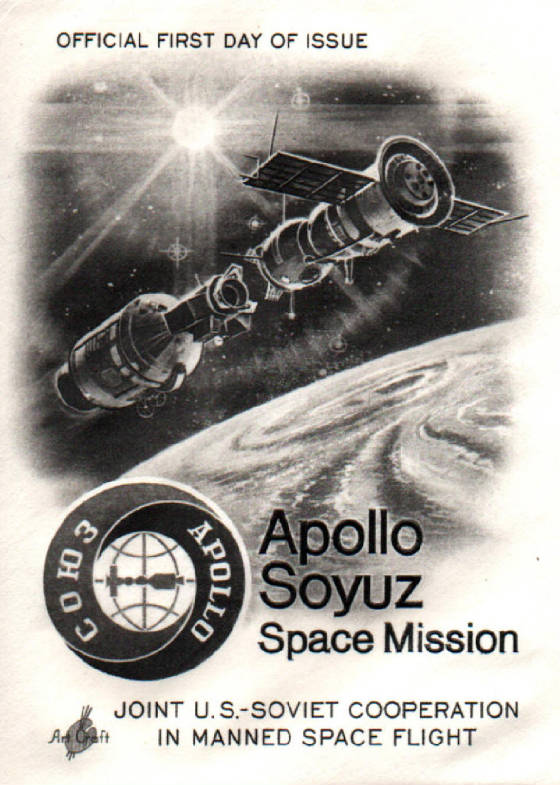
The Cape Kennedy circular date stamp and first day of issue cancellation. 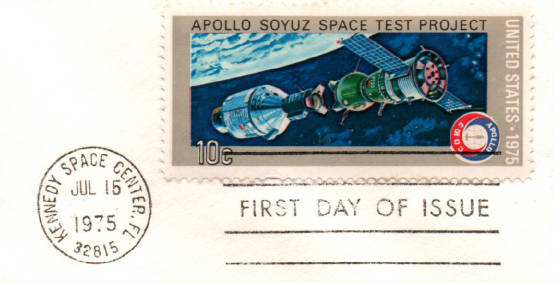
Collecting space covers can be very rewarding.
Sunday, November 19, 2017
Apollo-Soyuz - Docked - The Setenant July 15, 1975The US Postal Service issued a setenant pair of two 10-cent multicolored stamps on July
15, 1975, at Kennedy Space Center, Florida. The stamp, Scott #1569, represents
the docking of the Apollo-Spyuz mission.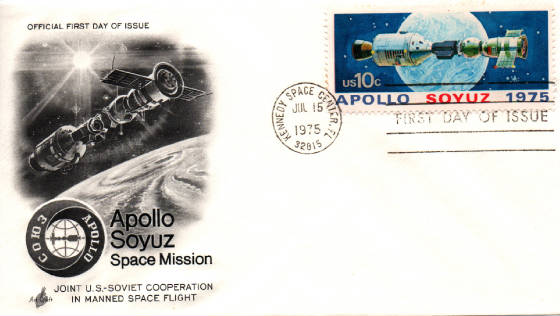 Two nations collaborated on a space project for the first time. In July 1975, the United States launched the manned Apollo Command to rendezvous with Russia's manned
Soyuz spacecraft. A special docking station made it possible for the astronauts to work together. Television stations worldwide broadcast the historic event. The
modules remained docked for two days while the teams performed experiments in space. Along
with the circular date stamp and first day of issue bar line cancellation, the first half of the setenant pair of stamps portrays
the docking of the two spacecraft. 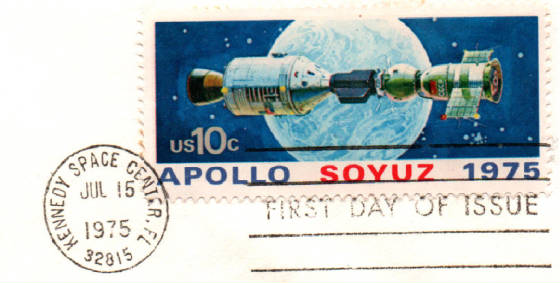
The ArtCraft cachet beautifully portrays this great moment in the history of
space exploration. 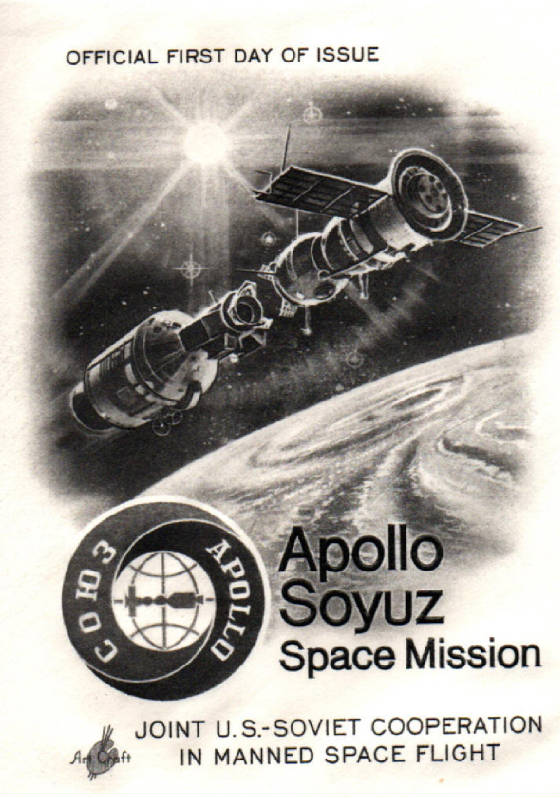
The other half of the setenant, "before the link-up", will
be posted for you soon.
Saturday, November 11, 2017
Comoros Islands Commemorate Apollo-Soyuz 1975The Comoro Islands, officially the Union of the Comoros, is a sovereign archipelago
island nation in the Indian Ocean located at the northern end of the Mozambique Channel off the eastern coast of Africa
between northeastern Mozambique and northwestern Madagascar. Other countries near the Comoros are Tanzania to the northwest
and the Seychelles to the northeast. Its capital is Moroni, on Grande Comore. The Union of the Comoros has three official
languages – Comorian, Arabic and French. The religion of the majority of the population is Islam. This great souvenir sheet was issued in 1975 to commemorate the Apollo-Soyuz rendezvous and docking mission
in space. 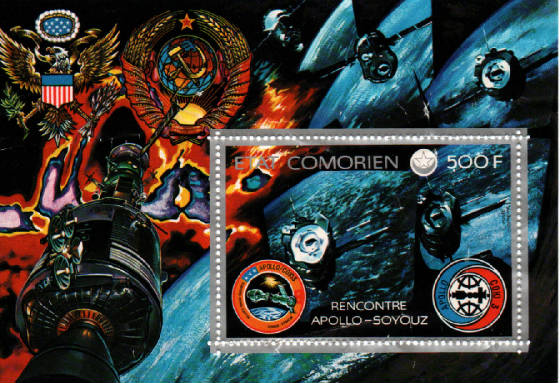
Scott #163 Comoro Islands issued December 15, 1975 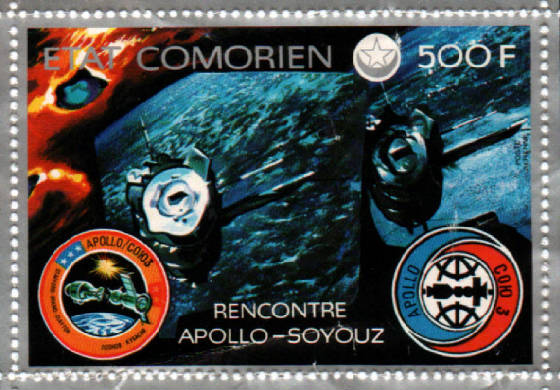
Tuesday, November 7, 2017
The Rural Electrification AdministrationPresident Franklin D. Roosevelt created the Rural Electrification
Administration by executive order on May 11, 1935. It was established by Act of Congress on May 20, 1936 and authorized
to serve as a lending agency and develop a program for rural electrification. The REA became part of the Department of Agriculture. The stamp, issued on May 11, 1985 in Madison, South Dakota, is
Scott #2144 on an Art Craft cachet. 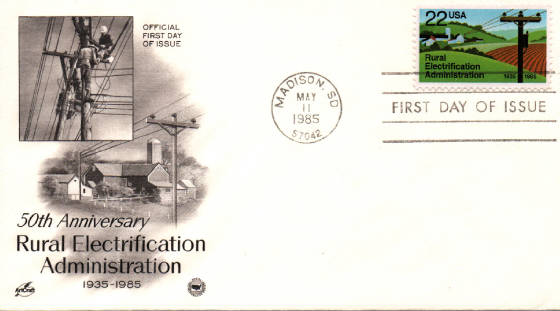
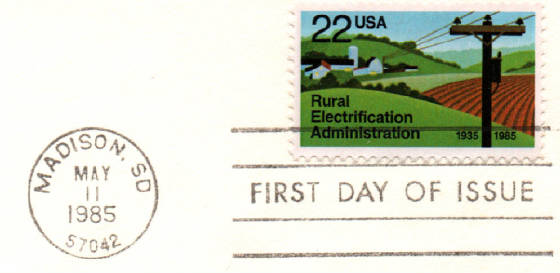
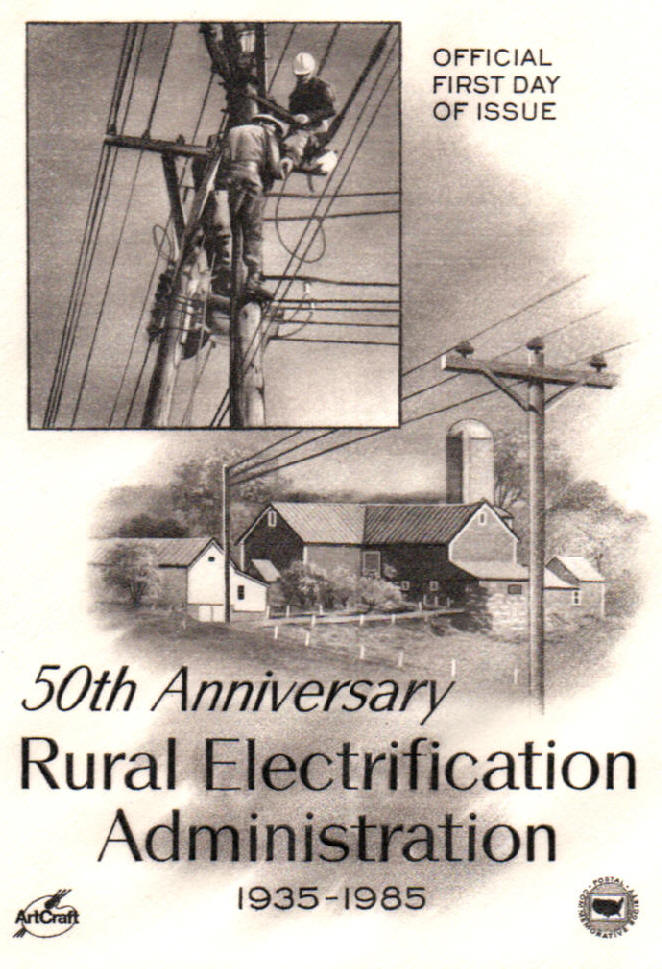
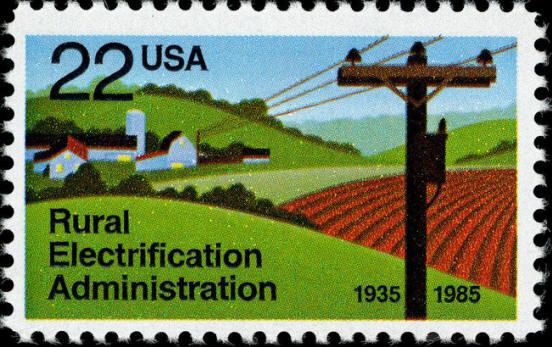
In 1935 only about one out of ten farms had
electricity.
|
|
For the next few weeks I'll be talking
about the first day covers of ArtCraft along with everything else.
ArtCraft closed it's doors recently after 76 years of making philatelic history.
I'm predicting a sudden, salubrious escalation in the value
of the ArtCraft cachet, all ArtCraft first day covers and ArtCraft portrait cards.
Including those connected to the Postal Commemorative Society
Their departure signals the end of an extraordinarily crucial,
very important, highly significant and exceedingly meaningful period in philately
A mournful signal which will be heard around the world and
lamented throughout the multitude of collectors
Leo
and Sam August treasured their associations with the world's greatest philatelists
Leo's contributions to our hobby were significant enough
to earn the coveted Luft Award and a place in the American Philatelic Society Hall of Fame.
ArtCraft has well-earned it's place in the great chronological
record in the history of philately.
Their
raised ink, line-engraved intaglio printed cachets rank among the most aesthetic in the world.
ArtCraft cachets are not just beautiful.
They are works
of art that showcase the wonders of the world and illuminate the powers of human creativity and ingenuity.
The Coober Pedy Cover
One of the World's Great Philatelic Rarities
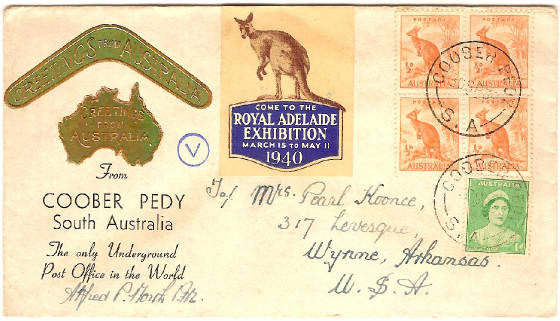
Could this become la pièce
de résistance de toute la modern Australian philatélie ?
Coober Pedy is a town in northern South Australia. The town is sometimes referred to as the "opal
capital of the world" because of the quantity of precious opals that are mined there. Coober Pedy is renowned for its
below-ground residences,called "dugouts", which are built in this fashion due to the scorching daytime heat.
The name "Coober Pedy" comes from the local Aboriginal term kupa-piti, which means "white man's hole".
Opal was found in Coober Pedy on 1 February 1915; since then the town has been supplying most of the world's gem-quality
opal. Coober Pedy today relies as much on tourism as the opal mining industry to provide the community with employment
and sustainability. Coober Pedy has over 70 opal fields and is the largest opal mining area in the world.
Coober
Pedy - no village, no buildings, no roads, just desert, mountains dotted with boulders. A bizarre lunar landscape, but
for opal seekers is the most exciting place on earth, where again every day is the true challenge, happiness and luck just
a shovel width apart and where life is defined by two words: winners and losers. Coober Pedy, grab your hat, throw it
into the air and where it lands start digging !

“The Scott
Numbers are the copyrighted property of Amos Press Inc., dba Scott
Publishing Co. The marks Scott and Scott’s are Registered in the U.S. Patent and Trademark Office,
and are trademarks of Amos Press, Inc. dba Scott Publishing Co. No
use may be
made of these marks or of
material which is reprinted from a copyrighted
publication
of Amos Press, Inc., without the express written permission of Amos
Press, Inc., dba Scott Publishing Co., Sidney, Ohio 45365.”

